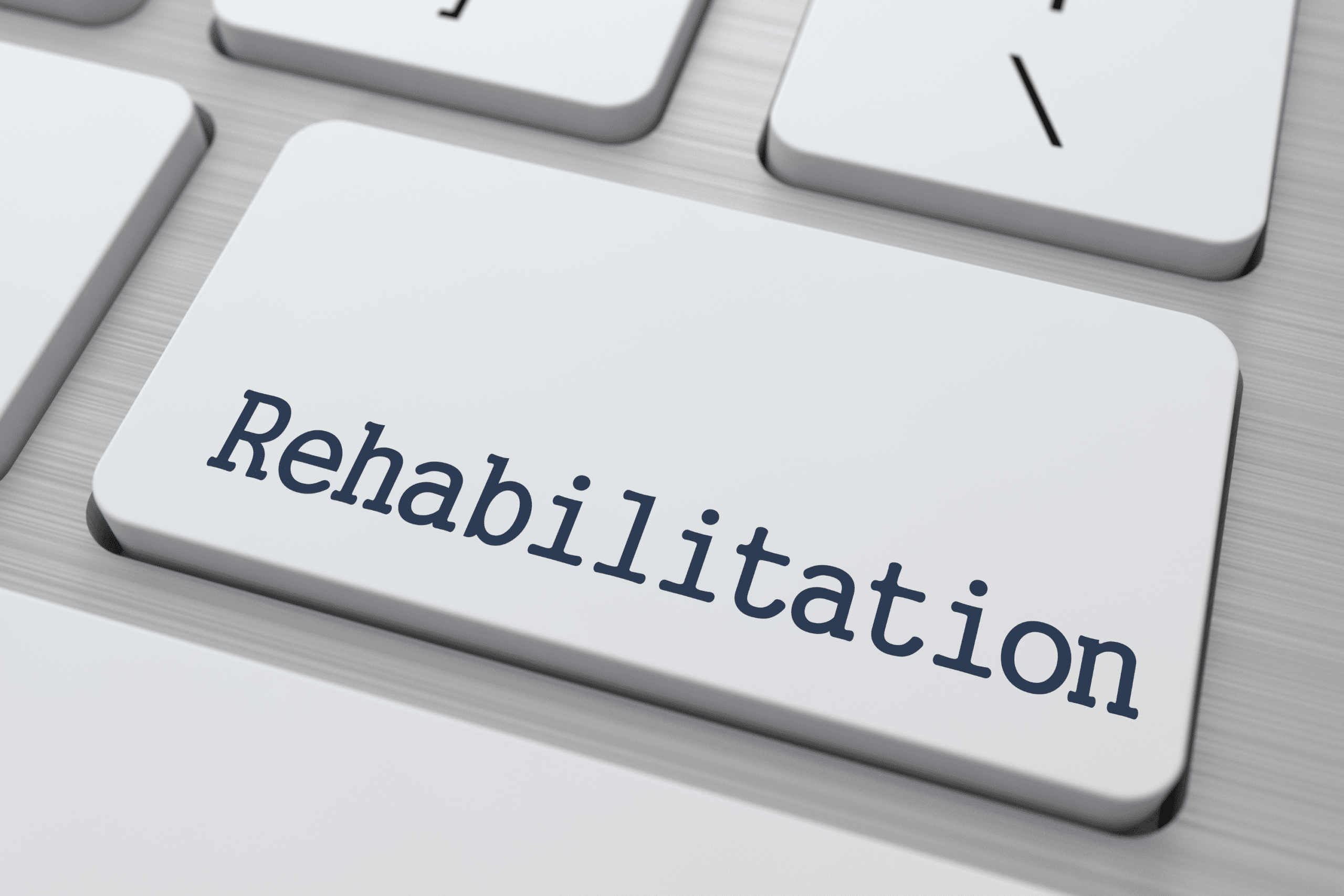 Sentencing alternatives play a significant role in the criminal justice system, offering an approach that focuses on rehabilitation rather than solely on punishment. In Minnesota, a state known for its progressive policies, various sentencing alternatives have been implemented to address the root causes of criminal behavior while promoting the reintegration of offenders into society.
Sentencing alternatives play a significant role in the criminal justice system, offering an approach that focuses on rehabilitation rather than solely on punishment. In Minnesota, a state known for its progressive policies, various sentencing alternatives have been implemented to address the root causes of criminal behavior while promoting the reintegration of offenders into society.
This blog post delves into how sentencing alternatives work in Minnesota and the potential benefits they offer to both offenders and the community.
Understanding Sentencing Alternatives
Sentencing alternatives are options that judges can consider instead of traditional incarceration when determining the appropriate punishment for an offender. These alternatives aim to address the underlying issues that contribute to criminal behavior while offering opportunities for rehabilitation, reducing recidivism rates, and saving taxpayers’ money.
Key Sentencing Alternatives in Minnesota
Probation. Probation involves the supervision of offenders within the community, allowing them to serve their sentence while maintaining their daily lives. Offenders on probation are required to adhere to specific conditions set by the court, such as attending counseling, drug treatment programs, or community service.
Diversion Programs. Diversion programs aim to divert low-level offenders away from the criminal justice system and toward rehabilitative services. Offenders may be required to complete educational programs, counseling, or community service as part of the diversion process. Successful completion may result in the charges being dropped.
Drug Courts. Minnesota’s drug courts provide an alternative for individuals struggling with substance abuse issues. These specialized courts focus on treatment and rehabilitation rather than punishment. Offenders may receive intensive supervision, regular drug testing, and participation in treatment programs.
Mental Health Courts. Similar to drug courts, mental health courts offer alternatives for offenders with mental health issues. These courts focus on connecting offenders with appropriate mental health treatment and services, aiming to address the underlying causes of criminal behavior.
Restorative Justice Programs. Restorative justice programs emphasize repairing the harm caused by the offense and promoting accountability. Offenders may engage in mediation or dialogues with victims, allowing them to understand the impact of their actions and take responsibility.
Work Release Programs. Work release programs allow offenders to maintain employment while serving their sentence. They are required to return to a correctional facility at the end of the workday. This approach helps offenders maintain ties to the community and develop job skills.
Benefits of MN Sentencing Alternatives
There are a number of benefits to utilizing sentencing alternatives, including:
Rehabilitation. Sentencing alternatives focus on addressing the root causes of criminal behavior, providing offenders with opportunities to change their lives for the better.
Reduced Recidivism. By addressing underlying issues and providing support, sentencing alternatives have been shown to lower recidivism rates, contributing to safer communities.
Cost-Effectiveness. Alternatives to incarceration can be more cost-effective than traditional imprisonment, saving taxpayers’ money while achieving positive outcomes.
Community Reintegration. Many sentencing alternatives allow offenders to remain in their communities, maintaining family and social ties, which can support successful reintegration after their sentence is served.
Decreased Overcrowding. The implementation of alternatives to traditional incarceration can alleviate prison overcrowding and reduce strain on the correctional system.
What If You Don’t Qualify for Sentencing Alternatives in MN?
In some situations, it may not be possible to utilize sentencing alternatives. If you find yourself in this position and you are nervous about obtaining a positive resolution in your case, it may be wise to talk to your attorney about negotiating a plea bargain.
While plea bargains do mean that you are admitting guilt for the charge, they can go a long way towards reducing both your charges and any consequences that you will face.
 Still, it’s nice to know that sentencing alternatives exist. They reflect a progressive and holistic approach to addressing criminal behavior. By focusing on rehabilitation, support, and community reintegration, these alternatives offer a pathway for offenders to break the cycle of crime and lead productive lives. While accountability remains important, the state recognizes that addressing underlying issues can lead to more positive outcomes for both individuals and society as a whole. As Minnesota continues to innovate in its criminal justice practices, it sets an example for other states seeking to find more effective ways of promoting justice and rehabilitation.
Still, it’s nice to know that sentencing alternatives exist. They reflect a progressive and holistic approach to addressing criminal behavior. By focusing on rehabilitation, support, and community reintegration, these alternatives offer a pathway for offenders to break the cycle of crime and lead productive lives. While accountability remains important, the state recognizes that addressing underlying issues can lead to more positive outcomes for both individuals and society as a whole. As Minnesota continues to innovate in its criminal justice practices, it sets an example for other states seeking to find more effective ways of promoting justice and rehabilitation.
About the Author:
Christopher Keyser is an AV-Preeminent rated criminal and DWI defense attorney based in Minneapolis who is known for fighting aggressively for his clients and utilizing innovative tactics to get the most positive results. He has been featured in numerous media outlets due to the breadth and depth of his knowledge and has been named a Certified Specialist in Criminal Law by the Minnesota Bar Association. Mr. Keyser is Lead Counsel rated, and he has received recognition for his criminal law work from Avvo, Expertise, and Super Lawyers.





